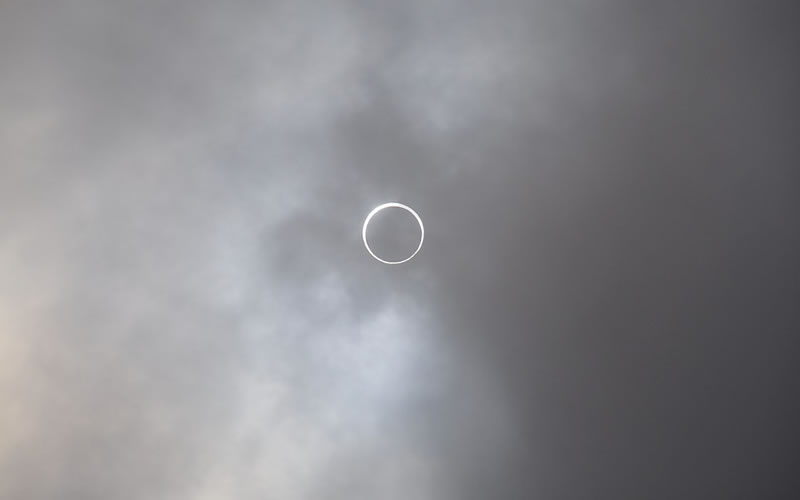Eclipse 2017
By Marjory Wentworth, contributing editor
Astronomy flourished at the dawn of civilization;
between the Tigris and Euphrates, Babylonian
astronomers watched the skies closely.
We have the records. When heavenly signs appeared,
the ancients were both fascinated and terrified.
Watching a celestial dragon devour the sun,
the Chinese foretold the future of the Emperor,
banging pots and drums to scare the creature from the sky.
Although many believed in bad omens, The Prophet Mohammed
described cosmic spectacles as a demonstration of Allah’s might.
While ancient Greeks accurately measured angles
of shadows cast at noon on the summer solstice,
estimating the earth’s circumference, Archilochus,
the poet soldier, wrote that nothing is beyond hope,
and anything is possible while the light of the shining sun
hides at mid-day and the world plunges into darkness.
What will we believe, when we stop our days
to watch the barely perceptible dent in the sun, widen
into an arc, casting a stripe of shadow across the earth?
As the fiery ring of the corona shimmers in darkness
and the stars and planets appear across the silence
that must be endless, we would be wise to bang pots
to keep the dragons away and chant the Greek meaning
for the awe inspiring event, abandonment, abandonment.
Charleston Currents contributing editor Marjory Wentworth is poet laureate of South Carolina.
- Have a comment? Send to: editor@charlestoncurrents.com.




 We Can Do Better, South Carolina!
We Can Do Better, South Carolina!
























